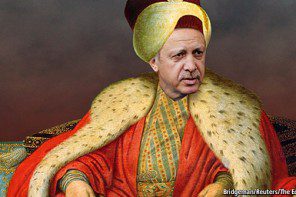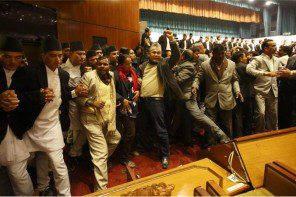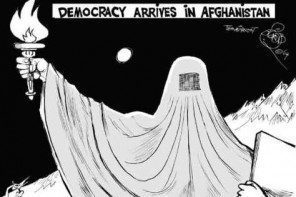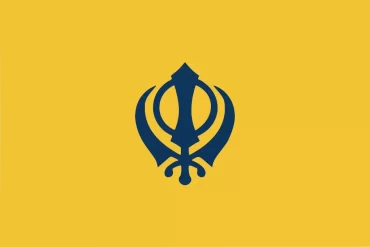Introduction
Even though the Israeli assaults on Palestinians have made headlines of media tens of thousand times, raised political as well as academic debates, made rallies and processions of civilians, changing facebook profiles and statuses around the world showing solidarity with the Palestinians, the crisis of the Palestinians remains the same like the flow of river water. In this context, BBC’s Jeremy Bowen said, ‘Almost 70 years of conflict… and no prospect it will end’. The ongoing Israeli attacks through sustained rocket launching and bombings on Gaza have already resulted in at least 226 people dead, including 47 children, and injured more than 1,685 people as of 16th July and made thousands of internally displaced people (IDPs). On contrary, at least 10 Israelis have been injured by rockets fired from Gaza, and one Israeli fatality has been recorded. Each and every day the number of casualties is increasing drastically. The resumption of week-long Israeli air strike on Gaza is a grave concern. This is the third war between Hamas and Israel since 2009. Against this backdrop, this write-up investigates two basic questions. First, what are the consequences of such atrocities’? Second, what is to be done to resolve this long-standing Israel-Palestine conflict? This write-up is divided into two sections. The first section investigates the consequences of Israeli military operation in Gaza. The second section explores the possible responses to resolve the crisis.
Consequences of Israeli Attacks on Gaza: 2005-2014
Any war brings a number of consequences ranging from physical to economic to psychological. Israeli military attack on Gaza is no exception of it. The Israeli attack raised human tolls, damaged houses, schools, hospitals and other infrastructural projects. The citizens of Gaza pass their time with panic. The following section deals with the impacts of the Israeli assault on Gaza.
Physical Impacts
Gaza is a very densely populated area having 1.8 million people on 365sq km. This 1.8 million people are the potential targets of Israeli military operation. The on-going Israeli military attack on Gaza started in July 8, known as Operation Protective Edge. Prior to that in November 2012, there was a large-scale escalation by the Israeli military, continued bombing with air strikes for eight days. During the period of December 2008-January 2009, Israel military launched Operation Cast Lead, continued for 22 days resulted about 1,400 Palestinians and 13 Israelis killed and tens of thousands injured. Israeli military operation in Palestine goes on and on. During the period of 2005 to 2014, a chronology of disproportionate of Israeli attacks on Gaza and its physical consequence is provided in the following table.

Source: Aljazeera. (2014 casualties have been recorded as of 16th July)
Economic Impacts
Due to the consequences of Israel’s attack on Gaza, the Palestinian economy is going to be hampered violently. Jaber Wishah, deputy director of the Palestinian Human Rights Center (PCHR) in Gaza City, said that Israel has engaged in the ‘punitive destruction’ of Palestinian homes in Gaza. He points out that ‘Every single home in Gaza is within the target circle. No place is safe in Gaza now. Each home could be a target, either directly or indirectly affected’. According to the United Nations Office for the Coordination of Humanitarian Affairs, from 8th-13th July, 940 homes severely damaged in Gaza while 2,500 housing units have sustained minor damage by the Israeli military operation.
World Bank report identifies three principal ‘paralytic effects’ of Israeli policies on the Palestinian economy: ‘ access to economies of scale, access to natural resources and access to an investment horizon.’ In addition to this, road block, destroying industries and infrastructure, earth mounds and the on-going construction of the wall on West Bank land paralysing the Palestine economy. However, The International Monetary Fund (IMF) estimate that, per GDP fell nearly 30 percent from its height of $1,610 in 1990 to an estimated $1099 in 2007 and decreased by 7.4 percent in 2008. But, the effect on real GDP of the occupied Palestinian Territories cannot be accurately measured due to Israel’s continuing blockade and its subsequent attack on military and civil people. UN report 2012 launch, ‘Gaza’s people will become double by 2020 while its economy will grow only slowly.’ But, because of the consequent Israel’s attack on Gaza, they will have to face a harder time for getting their basic needs. Those smuggled goods which are entering into the Gaza Strip ranging from livestock to electronics materials, because of this war and crisis the price of everything are increasing dramatically while income has dropped during the same time. The Palestine agriculture has to suffer from various problems including Israel’s attack on farms and farmers, blockades to exportation of produced goods. As a result, the whole economy of Palestine is in danger. Furthermore, everyday normal economic activity becomes disrupted due to the conflict. Cafes and shops become closed. This negatively affects the economy of Gaza. So, the conflict has severe economic implications.
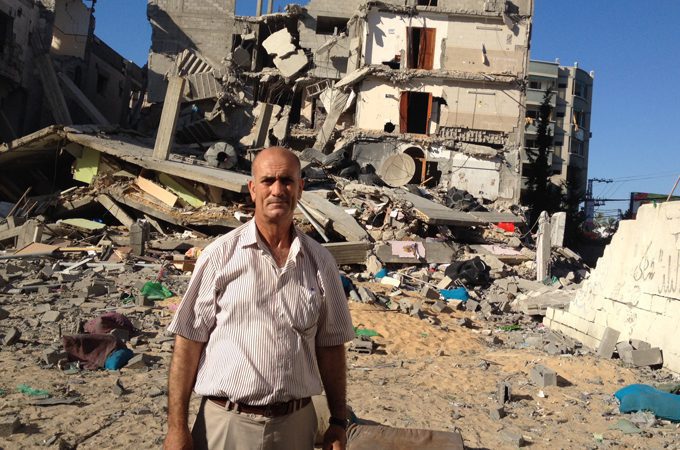
Psychological Impacts
There is short term as well as long-term psychological impacts of any war especially to the children. The children, who experience brutalities and destructions in war, will have long-term psychological implications to them. 25000 children in Gaza will have post traumatic psychological problems. In this context, Ebru Awad wrote on linkedin that ‘…Do the math how horrible to have your next door get the hit! It’s a certain injury for mostly kids and youngsters!’ Ahmad Abu Qassem, for instance, a 11-year-old child told to Al Jazeera that ‘I am afraid to sleep because I wake up terrified of [air] strikes and bomb explosions. Sometimes Israel strikes places that are very close to us’. Furthermore, many children become traumatised. It can be exemplified that Khader Khader (55 years old) an inhabitant of Gaza told that ‘my children are traumatised from the bombing – what did they do to deserve this?’ Moreover, the children who have seen their parents were shoot to death in front of their eyes, how come they will forget this incident? They will have to bear this incident until their last breath. Will they able to lead a normal human life or this mental trauma will permanently settle in their mind. Anas Qandeel, a 17 years old Palestinian who was killed by an Israeli airstrike couple of days before, wrote on his facebook timeline two years ago, ‘I cannot sleep, when you are going to attack my home.’ This is how the fear and revengeful tendency is building up in teenagers’ mind.
This psychological impact of war is not limited to the children only but to the guardians as well. For instance, Ahmad’s mother, Eman told to Al Jazeera that ‘I hug my sick child who cries in fear, but when I hear news about bombing in Beit Hanoun … my concerns about my [other] children and my husband intensify’. Notably, the fear of Israeli attacks is everywhere in Gaza and even in hospitals. Medical patients and practitioners fear Israeli air strikes since four killed by the Israeli air strikes in a Gaza health centre. Dr Mona el-Farra, the health chair of the Palestinian Red Crescent Society and Gaza director of the Middle East Children’s Alliance notes that ‘this bombing has exacerbated an already difficult situation for medical professionals, who are working under extremely stressful conditions in Gaza’. Due to the Israeli assaults in Palestine, peace seems to the Palestinians to be nothing more than a mirage.
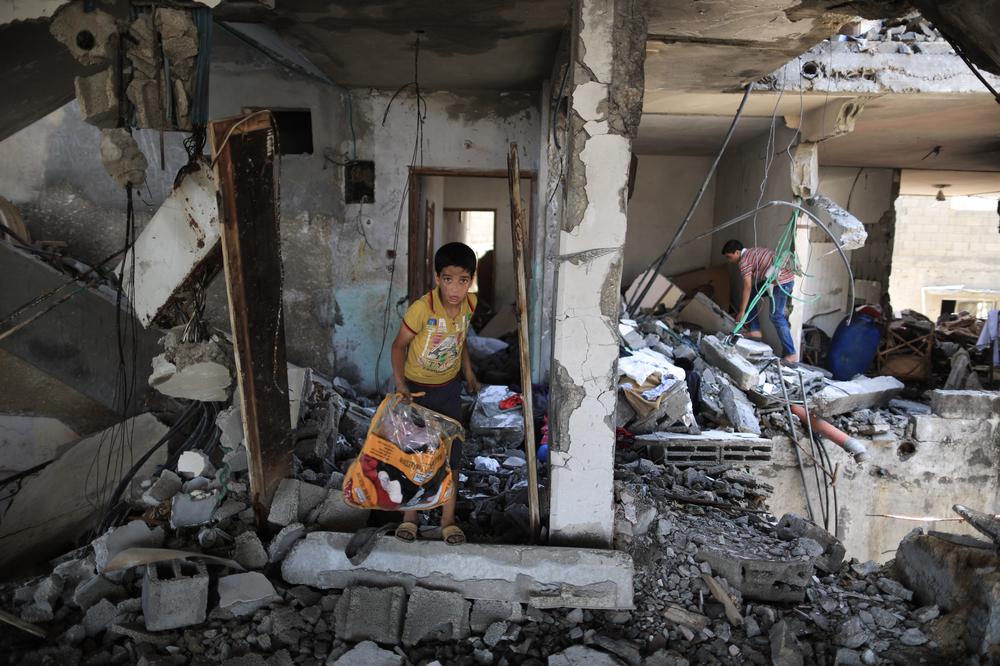
Social Impacts
As Nelson Mendela said, ‘Education is the greatest weapon with which we can change the world’. Specifically, his speech is very important in war affected country like Palestine. Only because of war crisis, ‘there are almost 40 million children out of school in war affected countries’. Due to this Gaza crisis, the students have to be paid drastically. Their school may be destroyed or damaged. According to UN report, 79 schools and 23 health facilities have been damaged in this conflict. Their teachers may have been killed or have fled or have forced to run away from this place. The students who are both physically and mentally affected by this crisis may prevent them from attending school. Because of the air strikes, their residential areas are destroying. As a result, the students’ text books are also getting destroyed. Due to this conflict, many people are losing their family members, the income source of the families are also losing, as a result, the scope of taking education also become limited. In some communities, education, especially for girls, they will think twice to send them to the school because of fear.
Other Impacts
Already, children are the ultimate sufferer due to the impact of Gaza crisis. Many more children will die or will become gravely ill from the direct and indirect physical effects of this war. Beyond this, hospitals and health cares are destroyed. Doctors and nurses are killed or have fled. So, people will not get the opportunity to take treatment in the time of their needs.
Critical Engagement
In earlier times, Israel defended its military operations in Gaza in the name of ‘right to self-defense’ with the backing of USA. This time, Israel justified its military operation in the name of Hamas, to root out Hamas fighters. And interestingly Israeli government has blamed Hamas for all the civilian casualties in Gaza. In this context it is pertinent to quote Israel’s Prime Minister Benjamin Netanyahu how they justified the latest military operation in Gaza. According to him, “Who hides in mosques? Hamas. Who puts arsenals under hospitals? Hamas. Who puts command centers in residences or near kindergartens? Hamas. Hamas is using the residents of Gaza as human shields and it is bringing disaster to the civilians of Gaza”. The authors would argue that there is no basis of such claim of Netanyahu and the logics behind such justification of Israeli military attack on Gaza is not substantiated enough. Because of the Israeli attack, the civilians are paying a heavy price. Notably, Israel is breaching international law on a regular basis and is not acting in accordance with its obligations under those international treaties to which it is a signatory.
The role of international community comes in the critical discussion here with regard to 2014 Gaza crisis. Unfortunately, it took almost one week for the international community to speak about for Gaza. Role of UN and USA can be questioned. OIC or Arab League did not come forward with a concrete steps to stop Israeli atrocities in Gaza.
In the earlier time also, role of international community in resolving the Israel-Palestine dispute was minimal. In this context, Harvard Professor Stephen M. Walt, correctly points out that ‘Unfortunately, the international community has rarely been willing to take bold action to end the seemingly endless cycle of violence. The United States and European Union have considerable leverage over both sides, but neither group has been willing to use its influence constructively’. The role of the media needs to be seen critically. Most of the mainstream media in the West overlooks the incidence and the dominant media narrative is a mediated coverage, to a larger extent in favour of Israel.
What is to be done?
It is unfortunate that although 70 years have gone of Israel-Palestine conflict, no permanent solution is manifested. It is high time to think about and act for a reasonable, peaceful solution to Israel-Palestine conflict. First, Israel must stop its occupation and expanding its colonial project in Palestine which is the root cause of Israel-Palestine conflict. “Halting the present violence will save lives in the short-term and would therefore be desirable, but only a genuine peace agreement will prevent it from breaking out again at a later date” Walt argues.
Second, Israel and Hamas must stop attacking each other and stop killing the civilians. If any party commits gross violation of human rights or war crimes or kill any civilian, should take the perpetrators in front of laws, which should be equal to everyone. So, each party should respect international humanitarian law and acts on the basis of that. In this context, Toby Cadman, an international criminal law specialist notes that “The threat of insurgency does not give them [The Israelis] the right to treat all Palestinians, and in particular Palestinian children, as second-class citizens”. Proper actions must be taken against the perpetrator.
Third, USA should stop providing its ‘unconditional support’ (no matter whatever Israel does) to Israel. International community should come forward and take strong measures/steps for the just cause and find out a reasonable solution to the conflict. In this context, Toby Cadman points out that “There is a need for a wholesale change in attitude, particularly from the US, and to a significant extent, by the other permanent members of the UN Security Council”.
Fourth, if any party destroys infrastructures or commit any other damage, should be liable to compensate for those damages. In this case of Gaza crisis 2014, there should be a long term compensations for the long-term damages whether physical or psychological.
Fifth, there is pervasive mistrust on both sides (i.e. Israel-Palestine) which needs to be minimized and both sides must agree to the point that “arms conflict can never bring any solution whatever powerful nation Israel might be and whatever hatred the Palestinians hold in their heart”. Notably, conflict cannot bring any positive outcome.
Finally, in this critical situation, the international community and above all, all the humanitarian organizations should come forward to handle Israel-Palestine crisis with a very strong hand. If no one can’t revolt against this crucial crisis and burry everyone’s own neck ostrich like into the sands of the mythic past and bind themselves into their own time, honestly, it could not be granted that, what is happening with Gaza today who knows tomorrow it may be started in other countries also. The proverb says, ‘when Rome was burning, Niro was fluting.’ So, the international community should take immediate effective steps to solve this crisis no more delay. The bottom line is that there is no alternative but to resolve Israel-Palestine conflict for peace, prosperity and human development for both the parties, for the region and for the world as well.
Authors: Shariful Islam did Master’s in International Relations from Dhaka University and South Asian University while Tania Sultana is pursuing Master’s in Sociology from South Asian University. They can be reached at shariful.shuvo.duir@gmail.com and sultanatn28@gmail.com respectively.

